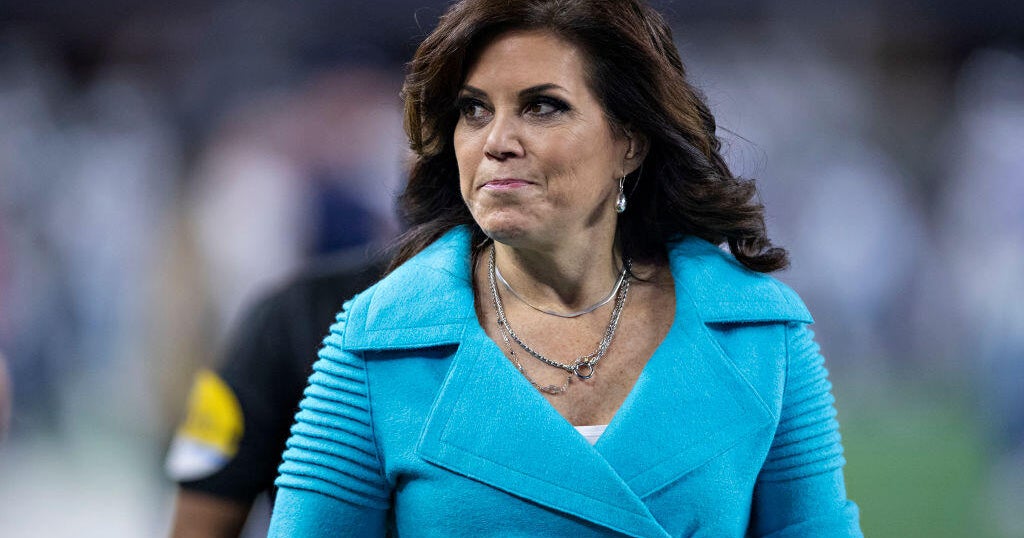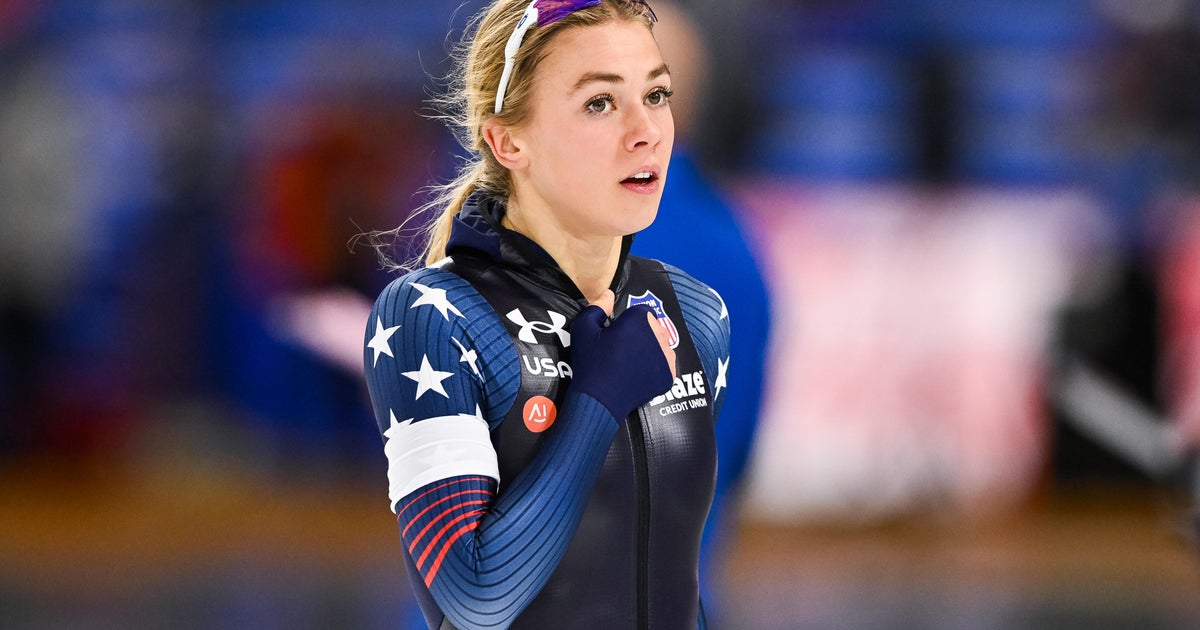Giglio: With Social Media, Fans' Voices Are Now Heard More Than Ever
By Joe Giglio
» More Columns
The world of sports media is growing by the day, hour and minute. From independent blogs to corporate-owned websites and media outlets, the ability to receive and share news is instantaneous. In a society of reaction, a quick Twitter search can be a gateway to ignorance and hate on any subject.
While negativity can persist at the click of a button, some of the most controversial decisions in the world of professional sports are being influenced by just how many people can see, react and share what they are feeling within minutes.
Of course, this week sports fans have been inundated with two very different and contrasting subjects: the Biogenesis fallout and Philadelphia Eagles wide receiver Riley Cooper's ignorant and insensitive remarks caught on camera during a concert.
While the subjects of using performance-enhancing drugs in professional sports and using a hateful slur register at opposite ends of the athlete-behavior scale, they both elicit strong reactions, mostly all negative toward the individuals involved.
It's hard to imagine how these subjects, along with violence, crime and every other issue that professional athletes find themselves embroiled in, would have been viewed and consumed a generation or two ago. As mainstream media has changed, so has the viewpoints in society and around sports.
If Cooper is indeed released or relieved of his duties as a Philadelphia Eagles wide receiver, fan and media reaction should be praised. Almost universally, the reaction toward Cooper has been negative. While some have preached forgiveness, forgiving or forgetting his words won't soon be part of this process. Years ago, the outcry wouldn't and couldn't have been so swift.
When baseball attendance and records were booming in the late 90s, the media, fans and commissioner Bud Selig were all at fault. Fans didn't ask questions, media members didn't go deep enough to dig for information on morphing athletes and the commissioner's office chose to ignore what was clearly in plain sight.
Now? Aside from the incessant coverage overtaking the game on the field, the Players Association, media and fans have come together to rid the sport of drug use. In the particular case of Biogenesis, it's hard to imagine that social media and fan pressure for action didn't play a large role in how baseball has changed its policy and investigation from past years to present day.
For professional athletes and celebrities, social media can be a trap, offering few incentives compared to endless scenarios of trouble for respective teams and organizations.
However, it's hard not to see the good in what the medium provides when major, controversial cases emerge.
Over a century ago, Ty Cobb ruled the sport of baseball as a known racist. Now, a comment caught on video from an average NFL player has caused enough outrage to potentially shake up the Eagles' organization.
Years ago, if you weren't cheating in baseball, you weren't trying. Now, the sport has heard the voices of fans to take action at all costs.
As the games have changed, so have the stakes. What was once an industry of ignorance has refused to give in to acceptance.
Cooper's hateful words and the incessant urge to use performance-enhancing drugs won't just be used as examples for future athletes. Our reaction to them will be looked at as a template for future transgressions in the world of professional sports.
Your voice is heard more than ever, fans.
Joe Giglio was the winner of Fantasy Phenom III in 2012. You can hear him on WFAN from 2-6 a.m. this Saturday morning. Twitter? He's on it @JoeGiglioSports.
You May Also Be Interested In These Stories







